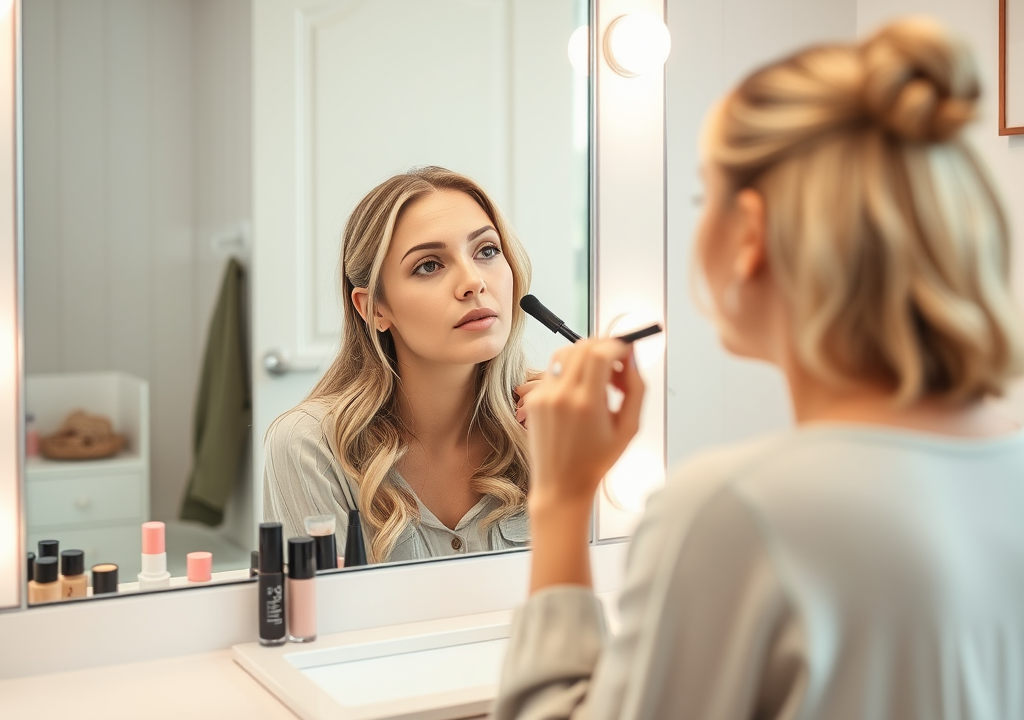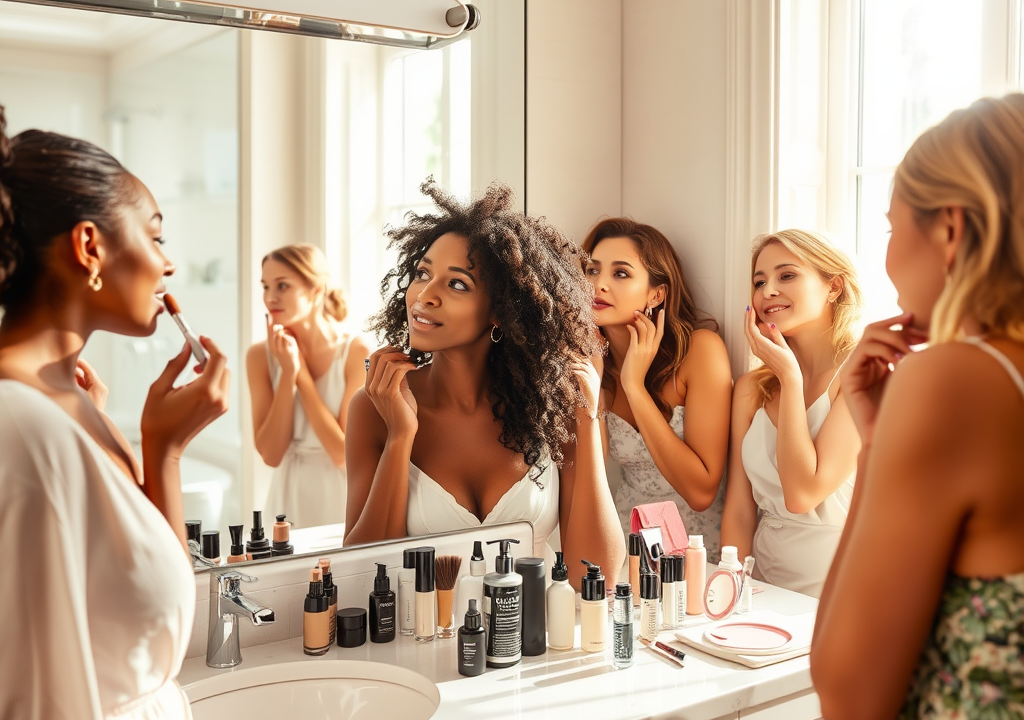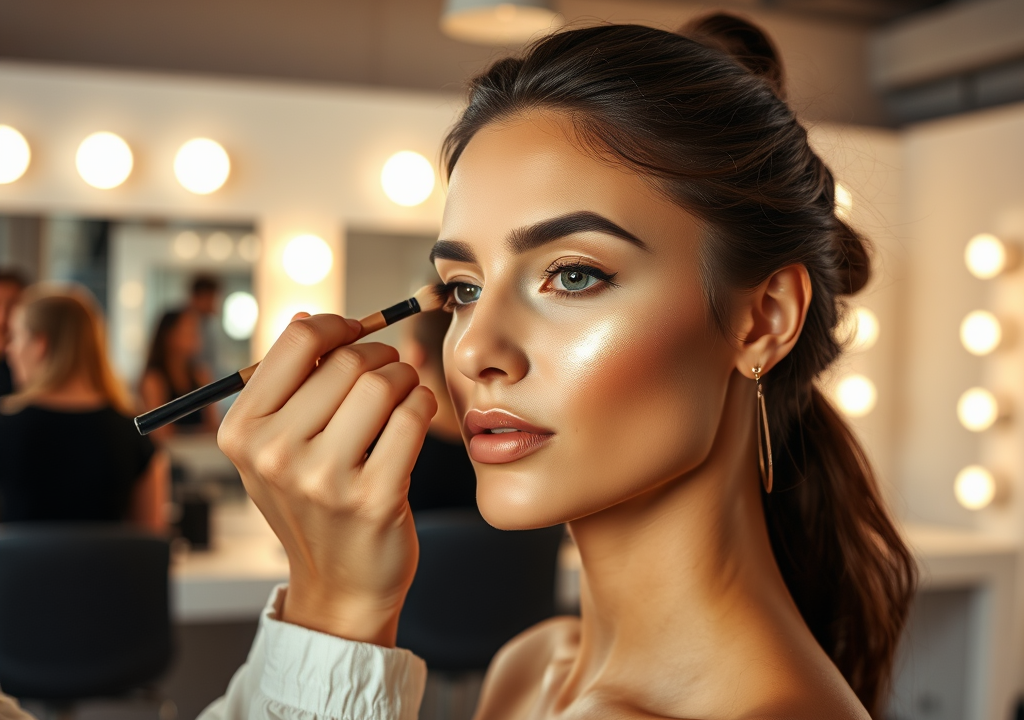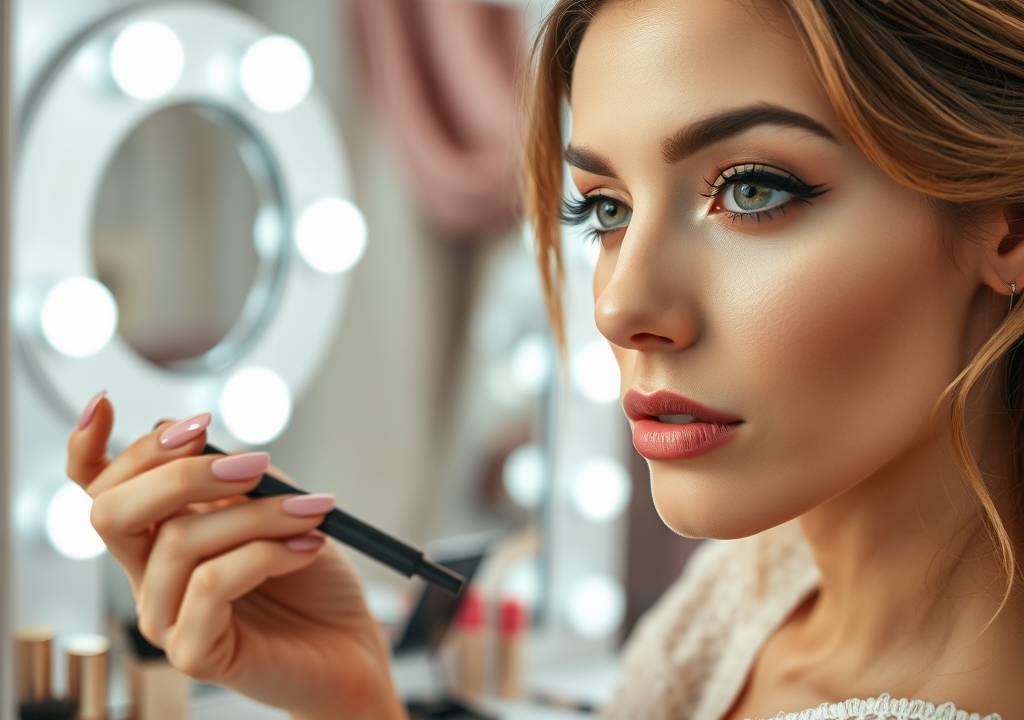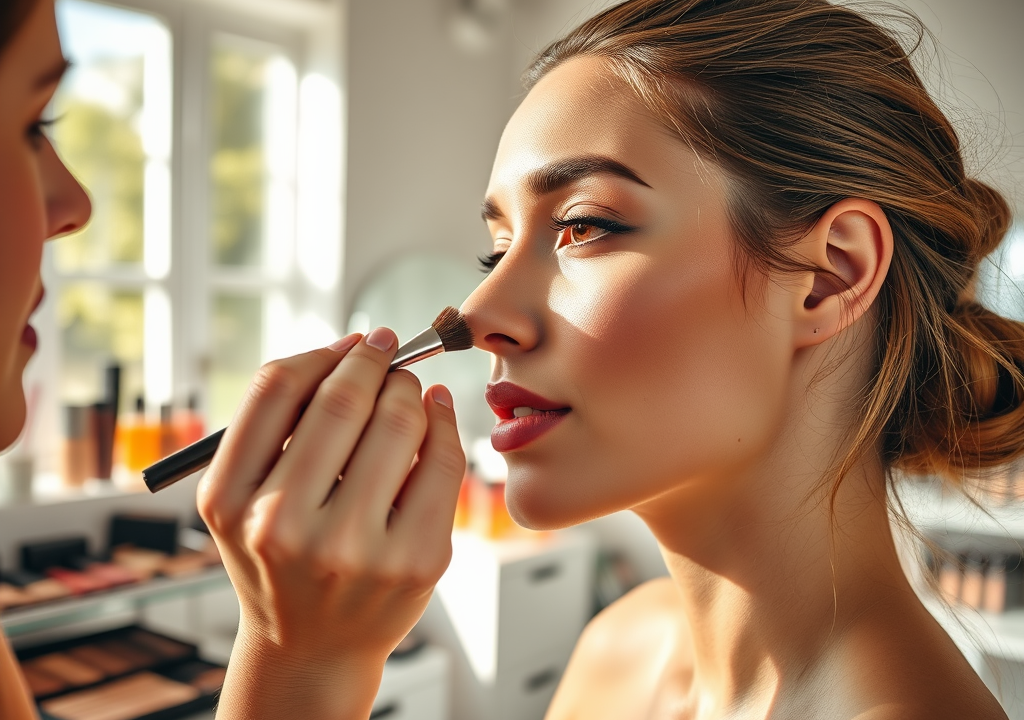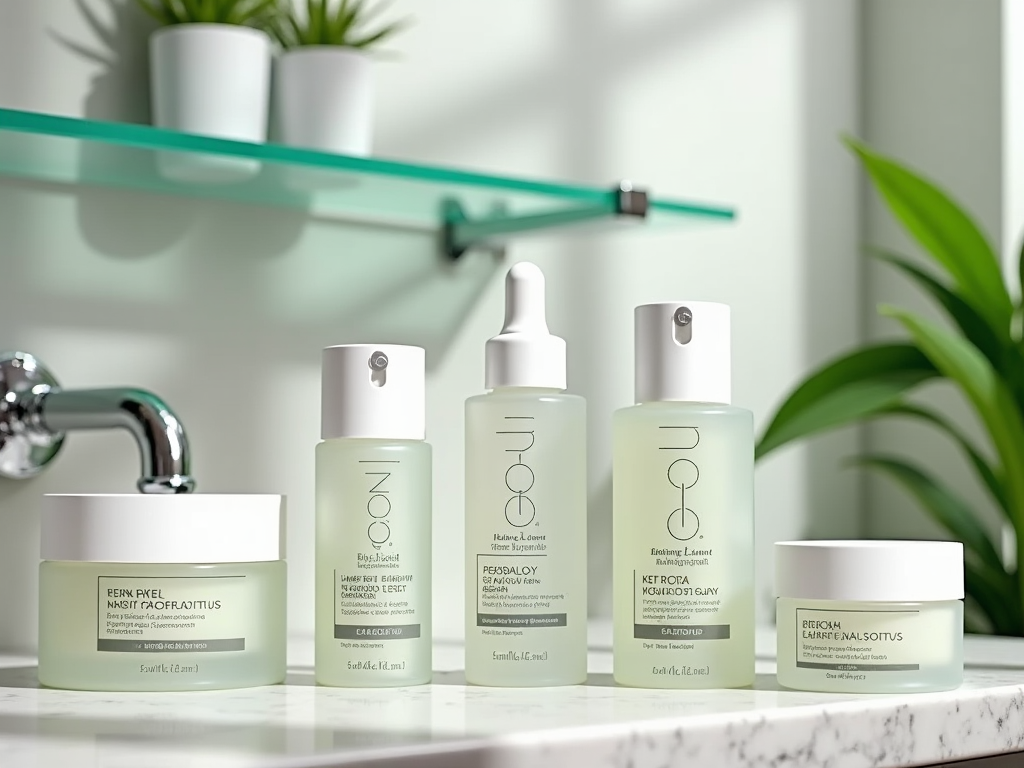Beta Hydroxy Acid (BHA), often hailed as a skincare hero, is a type of acid known for its ability to deeply penetrate the pores and exfoliate the skin. Unlike its counterpart, Alpha Hydroxy Acid (AHA), which works on the skin’s surface, BHA targets oil-laden pores where acne and breakouts often begin. This makes it a favored ingredient for treating acne-prone and oily skin types. Throughout this article, we’ll explore the numerous benefits and uses of BHA, as well as tips on how to incorporate it into your skincare routine effectively.
What is Beta Hydroxy Acid?

Beta Hydroxy Acid, often abbreviated as BHA, is a type of exfoliating acid primarily lauded for its oil-soluble properties. The most common form of BHA used in skincare products is salicylic acid. What sets BHA apart is its ability to penetrate deeply into the pores, making it highly effective in treating issues related to excessive sebum production, congested pores, and acne. Unlike AHAs, BHAs are more suited for individuals with combination to oily skin or those suffering from regular breakouts.
BHAs have anti-inflammatory and antibacterial properties which make them effective in reducing the redness and swelling associated with acne. They also have a soothing effect on the skin, contributing to an overall calming sensation. As BHA exfoliates within the pores, it aids in removing dead skin cells, thereby preventing them from clogging pores and forming blackheads or whiteheads. The repetitive use of BHA can also lead to smoother, more even-toned skin.
The Benefits of Using BHA
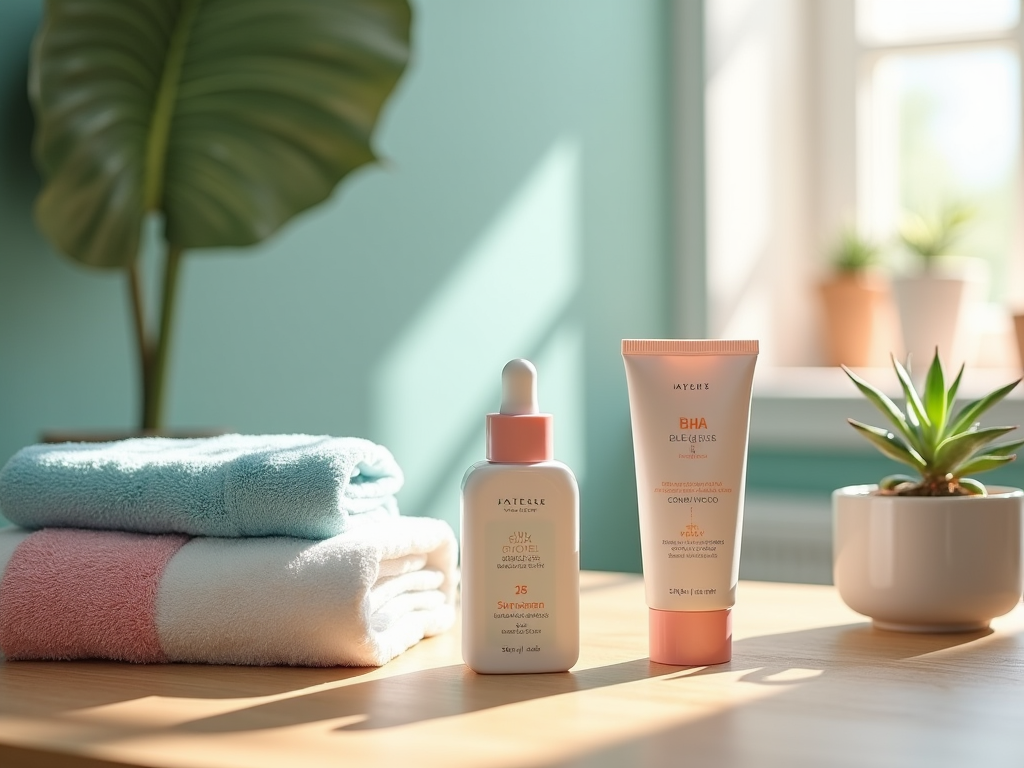
BHA offers a plethora of benefits, particularly for those with acne-prone skin. One of the primary advantages of incorporating BHA into your skincare regime is its ability to clear pores. By delving deep into the skin, BHA can dissolve oil and debris, which are often the primary culprits of clogged pores. This results in fewer breakouts and a reduction in the size of existing blemishes.
Additionally, BHA is known for its ability to control sebum production. For those with oily skin, this means a significant reduction in shine and a more balanced skin texture. Here’s a quick rundown of the primary benefits of BHA:
- Deep pore cleansing
- Reduction in acne and blemishes
- Improved skin texture
- Decreased oil production
- Even skin tone
How to Incorporate BHA into Your Skincare Routine
Incorporating BHA into your daily skincare routine can seem daunting, but it’s quite straightforward with a few guidelines. First, it is crucial to start with a lower concentration product, especially if BHA is new to your skincare regimen. This helps mitigate potential irritation as your skin adjusts to the new product. Many beginners start with a 1% or 2% formula and gradually increase as their skin becomes more tolerant.
Use BHA after cleansing and before moisturizing. This maximizes absorption and effectiveness. BHA can be found in various formulations, including cleansers, toners, and spot treatments, allowing for flexibility depending on your specific skincare needs and preferences. Consider the following simple routine:
- Cleanse your face with a gentle cleanser.
- Apply a BHA product (serum or toner) evenly across your face, focusing on problem areas.
- Follow up with a moisturizer to hydrate the skin.
- Do not forget sunscreen if using BHA in the morning.
Always perform a patch test before using a new BHA product to ensure your skin does not react adversely. Also, remember to incorporate sunscreen into your daily routine as BHAs can make your skin more sensitive to sunlight.
While BHA is generally safe for most people, some individuals might experience certain side effects. These may include mild irritation, redness, or a tingling sensation upon initial use. Typically, these symptoms subside as your skin builds tolerance, but if they persist, consider reducing the frequency of use or consulting with a dermatologist.
It’s important to note that while BHA is effective, it can cause dryness for some users. This is why it’s critical to accompany its use with a robust moisturizer. Additionally, although rare, individuals with aspirin allergies should avoid using BHA products as it can induce similar allergic reactions. Always remember, moderation is key when using any exfoliating acid. Listen to your skin and adjust your routine as needed.
Conclusion
Beta Hydroxy Acid, with its acne-fighting and pore-penetrating properties, is a potent ingredient in the world of skincare. It offers numerous benefits for those dealing with acne-prone or oily skin and can significantly improve the overall texture and tone of the skin. Whether you’re battling persistent acne or simply looking to refine your skincare routine, BHA can be a valuable component if used correctly.
Understanding how to properly introduce BHA into your regimen, and recognizing its potential side effects, can ensure you achieve the best results without compromising the health of your skin. Always prioritize your skin’s health, and consider consulting with a skincare professional if unsure about the best practices surrounding BHA use.
Frequently Asked Questions
1. Can I use BHA every day?
While some individuals can use BHA daily, it often depends on your skin type and tolerance. It’s generally recommended to start with a few times a week and observe how your skin reacts before increasing frequency.
2. Should BHA be used in the morning or at night?
BHA can be used both in the morning and at night. If used in the morning, ensure to apply sunscreen afterward as BHAs can increase sun sensitivity.
3. Are BHA products safe during pregnancy?
Low concentrations of BHA, such as 1-2%, are generally considered safe during pregnancy. However, it’s always advisable to consult with a healthcare provider to ensure safety for you and your baby.
4. Can I combine BHA with AHA in my skincare routine?
While some skincare experts suggest it’s possible to alternate between BHA and AHA, using them together may cause irritation for some. It’s best to use on separate days or seek professional advice for your specific case.
5. How long does it take to see results from BHA?
Results can vary based on the individual and skin condition. However, most users begin to notice an improvement in skin texture and reduced breakouts within four to six weeks of consistent use.
